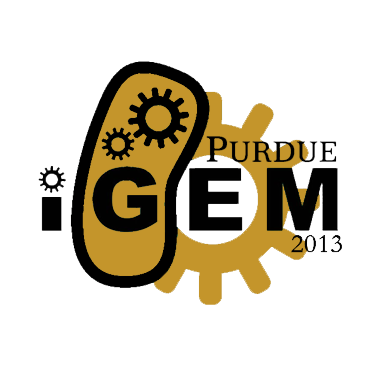Overview
Within the last few decades, DNA synthesis, sequencing and recombination technologies have significantly increased in sophistication and in turn practicality. However, the unpredictable variances in the behavior of standardized parts across setting changes remain an obstacle to time-efficient, rational gene network design. Vivek Mutalik and colleagues have in the past year designed bicistronic expression operating units (EOUs). Using these bicistronic designs (BCDs) Mutalik and others managed to express arbitrary genes within a twofold target window with ~93% reliability (Mutalik, 2012). The next best system at the time could only do the same with ~47% reliability (Salis, 2009). This summer, we attempted to make four existing BCD designs BioBrick compatible and modify them for assembly in an all-in-one-pot Golden Gate Cloning Reaction using the type IIs restriction enzyme BpiI.
Background
Experimental Design
Data
Results and Conclusion
Future Work
Although we could not submit our BpiI-GGC-compatible BCD EOUs to iGEM HQ by the competition deadline, we plan to more fully characterize them and send them to the Registry in the near future. Further work should be directed towards making more promoters and coding sequence BioBricks with the BpiI sites needed for cloning into our BCDs.
 "
"
